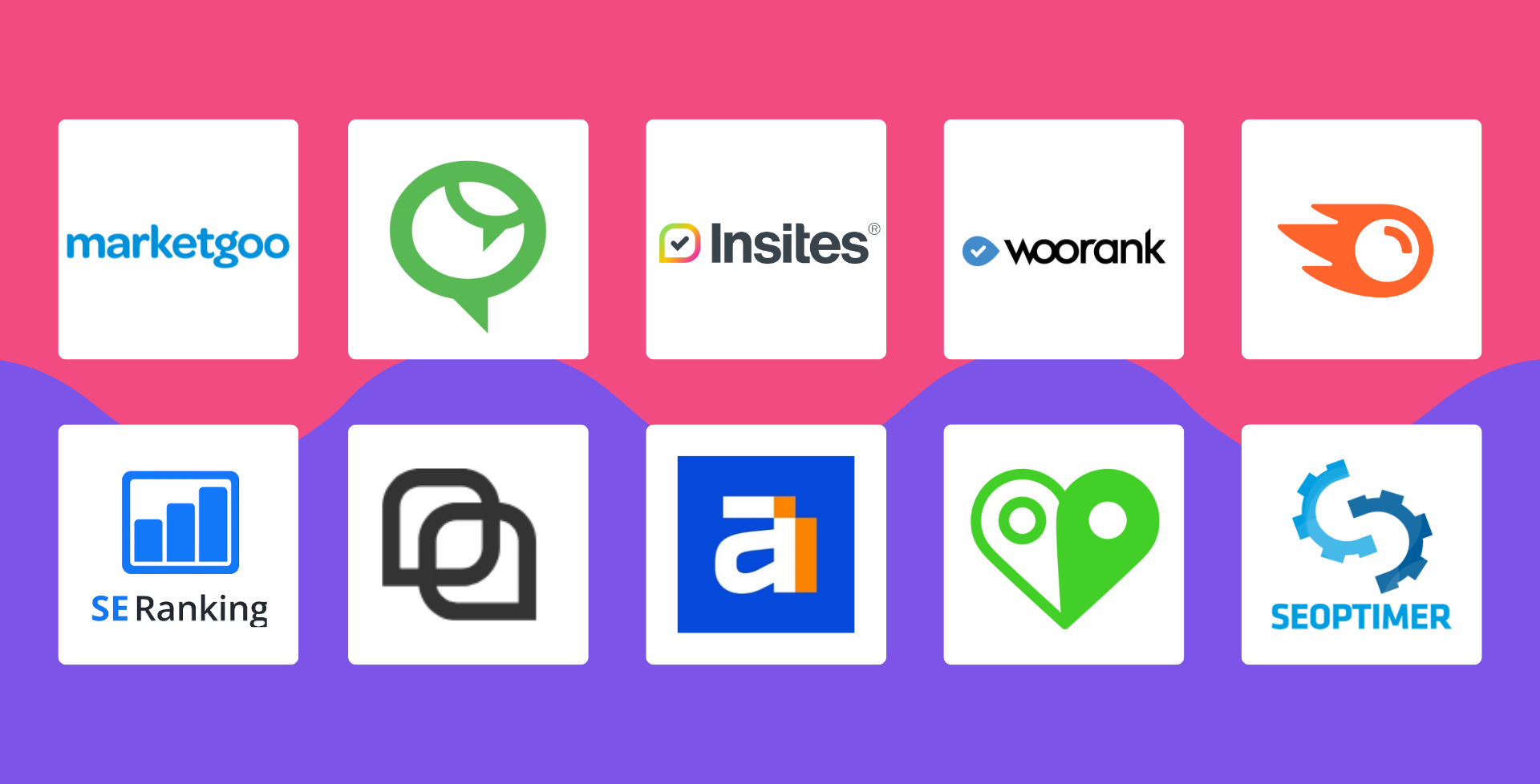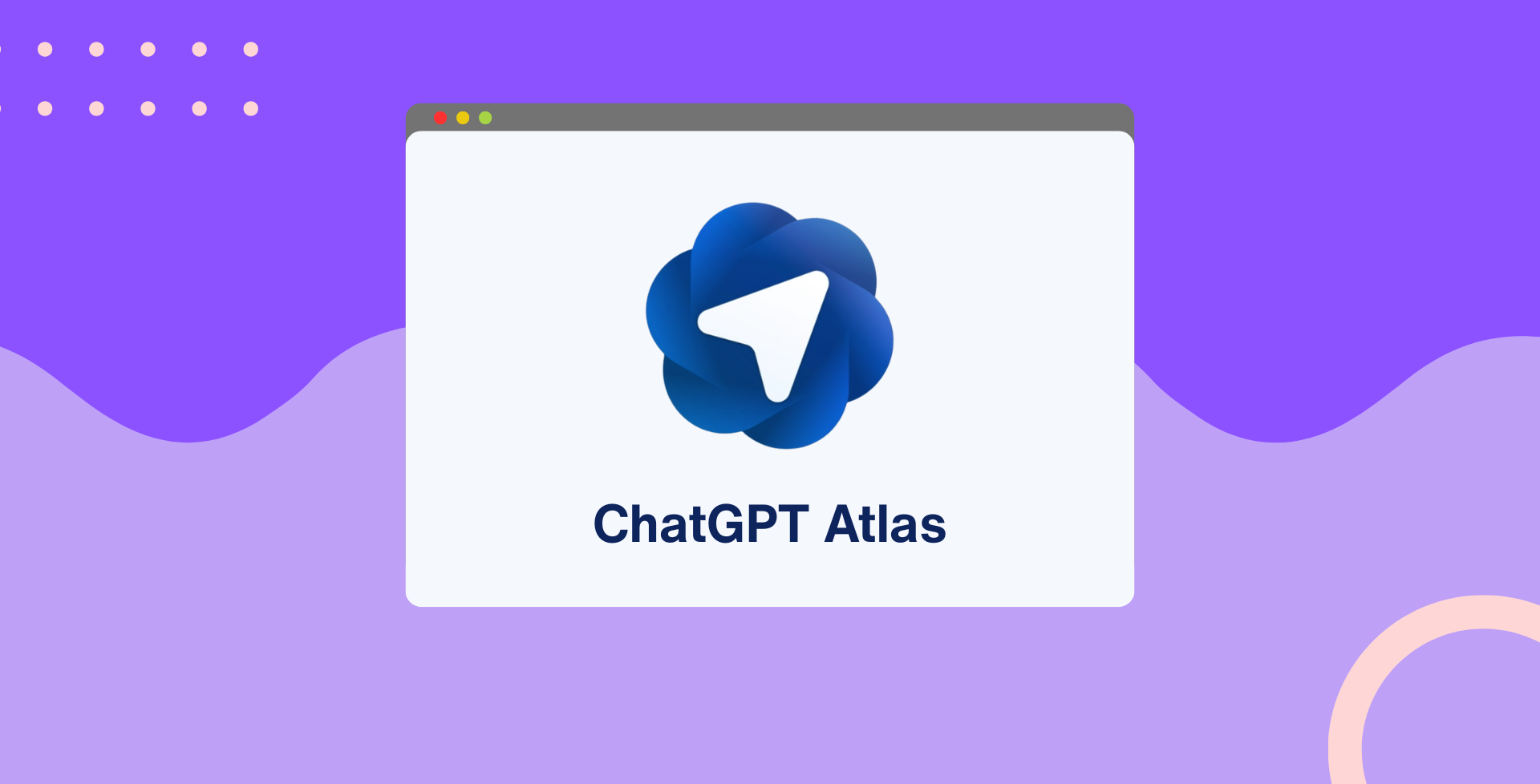What are Google’s Core Web Vitals and why are they important to SMBs?
Coral Wood • June 6, 2023
Google Core Web Vitals as a ranking factor was fully rolled out in February 2022. That means for businesses selling services online, not investigating how the business’s site scores on Google Core Web Vitals could hold back leads and income opportunities.
 TL ; DR?
TL ; DR?
Core Web Vitals are three core website tests that will impact your overall SEO ranking
These tests are look at loading (largest contentful paint), interactivity (first input delay) and visual stability (cumulative layout shift)
The Insites digital audit tool gives you a report on your Core Web Vitals
What are Google’s Core Web Vitals?
Gone are the days of content hacking your way to page 1 of Google. They’ve wised up to SEO hackers who promote great content on usable sites and added an extra layer of ranking by introducing Core Web Vitals. These are designed to rank the usability of websites; the better the user experience, the higher the score.
Google’s Core Web Vital score looks at three measures to analyse a websites usability ; i.e. the overall user experience:
Loading
or as Google labels it, LCP; largest contentful paint
This relates to the loading content above the fold of a website. If you have a heavy header image, or even a video, that takes a long time to load, then you’ll have a high LCP score (that’s bad).
Interactivity
or as Google labels it, FID; first input delay
User experience, and ultimately ease, is a big scoring factor as part of Google’s Core Web Vitals. So how quickly users can engage with your content and get to where they want to be. This can be adding items to the cart, using a menu, or even filling a form on your site. If it’s slow, difficult to navigate or even hard to find, you’ll have a poor FID score.
Visual stability
or as Google labels it, CLS; cumulative layout shift)
Does your site move content around or load in blocks to accommodate ads, a banner, or other content? That will impact your CLS score because a slowly loading site is not user friendly.
Auditing these with a Google Core Web Vitals auditing tool will allow you to see if your new design layout is as impactful both visually and from the point of view of the user.
How do Core Web Vitals impact SMBs?
Small and medium businesses, particularly those relying on a local business, need to ensure that their sites are scoring well on Core Web Vitals. Having a less-than-ideal scoring could leave SMBs ranking lower than competitors in the area in terms of SEO, meaning they’re less likely to be a one of the first search results on Google.
Think that’s not so bad? 25% of people only click on the first organic search result on Google.
How can SMBs improve Core Web Vitals scores?
Improving LCP (largest contentful paint)
To improve your LCP score, look at the size of images and content you have above the fold on your website and try and reduce these to improve your content loading time. To create smaller image sizes, use a free online image resizer like imageresizer.com.
How to improve FID (first input display)
Think about user journeys and user flows. Set up a few fake scenarios, some complex and some pretty straight forward, and present run through it yourself. As you go along, ask yourself:
- How many times did I have to click through to a new page?
- How many clicks did I have to do before I was finished?
- How quickly could I achieve what I came here to do (add to cart, for example)?
- Could I find what I was looking for easily?
If any of your quantitative scores were in the double figures, re-evaluate the user journey and see how you can simplify the process.
How to improve CLS (cumulative layout shift)
Firstly, load your site and understand which elements as causing your site to be visually unstable. If it’s something simple like an image or video that takes too long to load and pushes the content down when it’s finally ready, reduce the size of these and re-upload them.
If it’s ad content, however, we’d recommend looking to a developer or ad specialist who can help stabilise your ad display performance to help you improve your CLS score.
Google Core Web Vitals auditing tool
To get a better idea of your exact Google Core Web Vitals score it’s worth checking out a site auditing tool. First and foremost, the obvious auditing tool is Google Lighthouse which you can run in Chrome and [Google Page Speed insights.
But for something a little more straightforward to use and offering an in-depth look at your site, Insites gives you a report on any business’s online presence, including Core Web Vitals scores. These digital audit reports let you know where improvements are required and whether the changes you’ve made have improved the website’s overall scores.
Happy auditing!
The Insites Team



























